Ensuring sustainable consumption and production patterns is one of the sustainable development goals adopted by the United Nations member states in the autumn of 2015. Sustainable consumption and production is about promoting resource and energy efficiency, creating sustainable infrastructure and providing access to basic services, green and decent jobs, and a better quality of life for all.
Whether wealthy or poor, all countries are bound by these goals. This creates a particular challenge and obligation for developed countries, which have consumption patterns to which most other nations aspire. Global product development is directed by the collective consumption patterns of those of us in the developed world. For example, although we account for less than 20 per cent of the world’s population, we consume 40 per cent of its energy resources. If all future inhabitants of the world consume in the same way, we will need five Earths by 2050 – but we only have one.
In recent decades, public policy has relied on the markets, waiting for consumers to halt unsustainable development by changing their consumption patterns. Market liberalism, however, is not the way to achieve sustainability. Gareth Hardin wrote his famous article Tragedy of the Commons in the 1960s, in which he showed that shared resources cannot be preserved through the voluntary actions of private individuals. Efforts to build “markets” for natural resources, such as the atmosphere, have also failed, as the EU emissions trading system shows. Because the markets work on a quarterly cycle, they need to be steered by agreements and government action. This can be achieved if someone makes the first move and shows that change is possible.
The UN Sustainable Development Goals website states that if people worldwide switched to energy efficient light bulbs, the world would save USD120 billion a year. This has already been done in Europe and many other countries. Despite their shortcomings, The EU Ecodesign Directive and Energy Label have removed energy-wasting products from the markets and will reduce the energy consumption of appliances by 19% by 2020. But much remains to be done.
Our lifestyles are only as sustainable as our products, services and living environments. Given the growth in the world’s population, we are duty-bound to develop appliances, cities and consumption patterns that are more energy-efficient, and to create operating models for the circular economy. Product development, service development and social development are areas in which we can truly make a difference by setting an example. For instance, China was quick to copy the EU Energy Label. Furthermore, solar energy promotion measures in Germany have benefited the world as a whole, by markedly lowering the price of solar panels. Visitors are coming from far and wide to find out about our school system. Finland can be part of the solution rather than part of the problem.
There is more to life than consumption. However, a society dedicated to efficiency has little time for leisure, enjoying nature and pondering life with friends – despite the proven beneficial effect of these activities on health and well-being. This presents Westerners with a genuine challenge and opportunity. We can show developing countries that we are not merely materialists. We are thinkers who enjoy life and producers of the common good based on community activities and voluntary work, for example. Giving this aspect of our lifestyles the value it deserves will bind us more closely together and strengthen our faith in being able to make an impact.
This text is part of the blog series “Sustainably”.
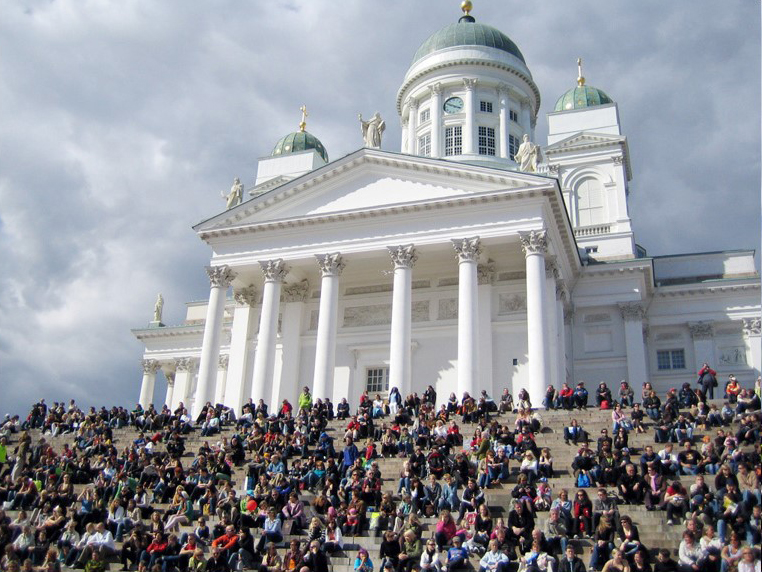
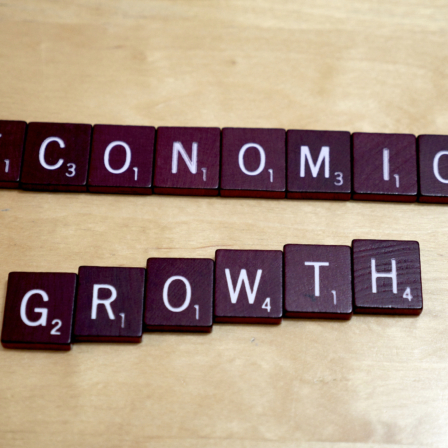
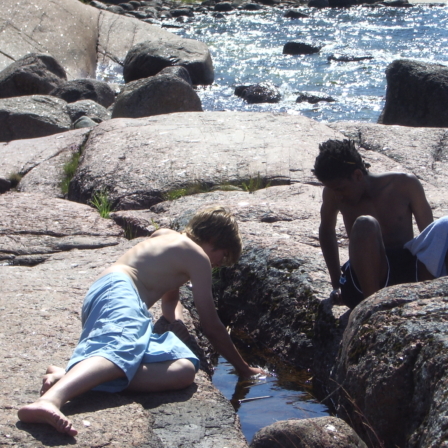



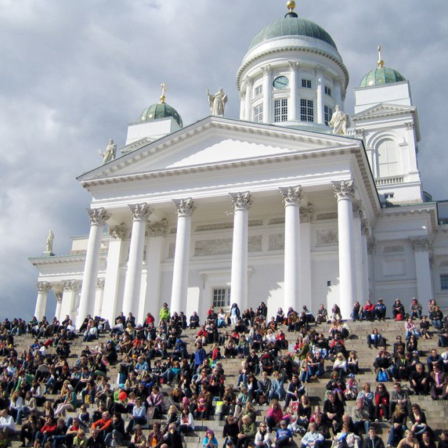


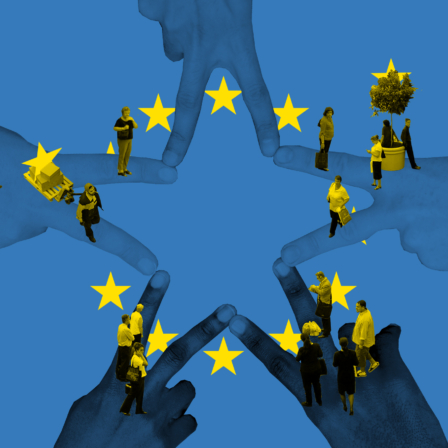









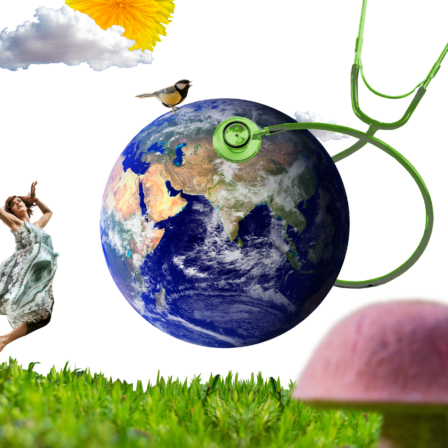

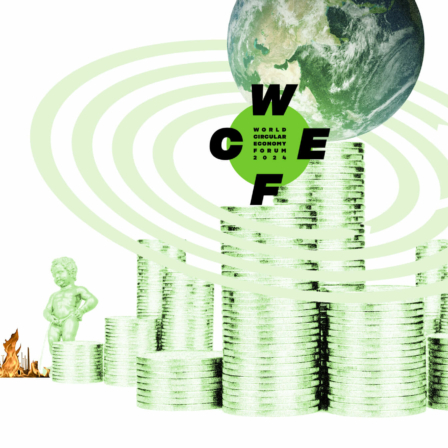
Recommended